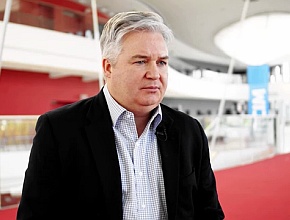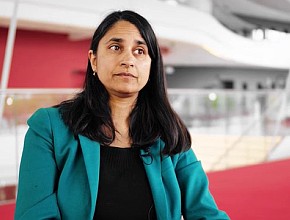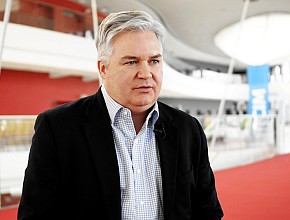Dr P.J. Devereaux is a professor in the Department of Health Research Methods, Evidence, and Impact and Department of Medicine and director of the Division of Cardiology at McMaster University.
Is perioperative myocardial infarction (MI) an important issue? Do we have any methods for prevention and treatment?
P.J. Devereaux, MD, PhD: MI after a noncardiac surgery is a very important issue. Patients who suffer MI after a noncardiac surgery have a very poor prognosis in terms of the risk of 30-day mortality and recurrent major vascular events. The risk remains elevated for at least a 2-year period.
Most of these patients tend not to have very good secondary prophylactic measures. Less than 50% will get aspirin, less than 50% will get a statin, and less than 50% will get an angiotensin-converting enzyme (ACE) inhibitor.
There are basic secondary prophylactic measures for which there are risk-adjusted observational data to support their benefit. There is now a large randomized control trial that has also demonstrated that dabigatran 110 mg twice daily in patients who get perioperative MI and myocardial injury produces benefit compared to placebo in the coming median of 16 months.
So there is definitely therapy, it has important prognostic implications, and it looks to be modifiable.
 English
English
 Español
Español
 українська
українська





